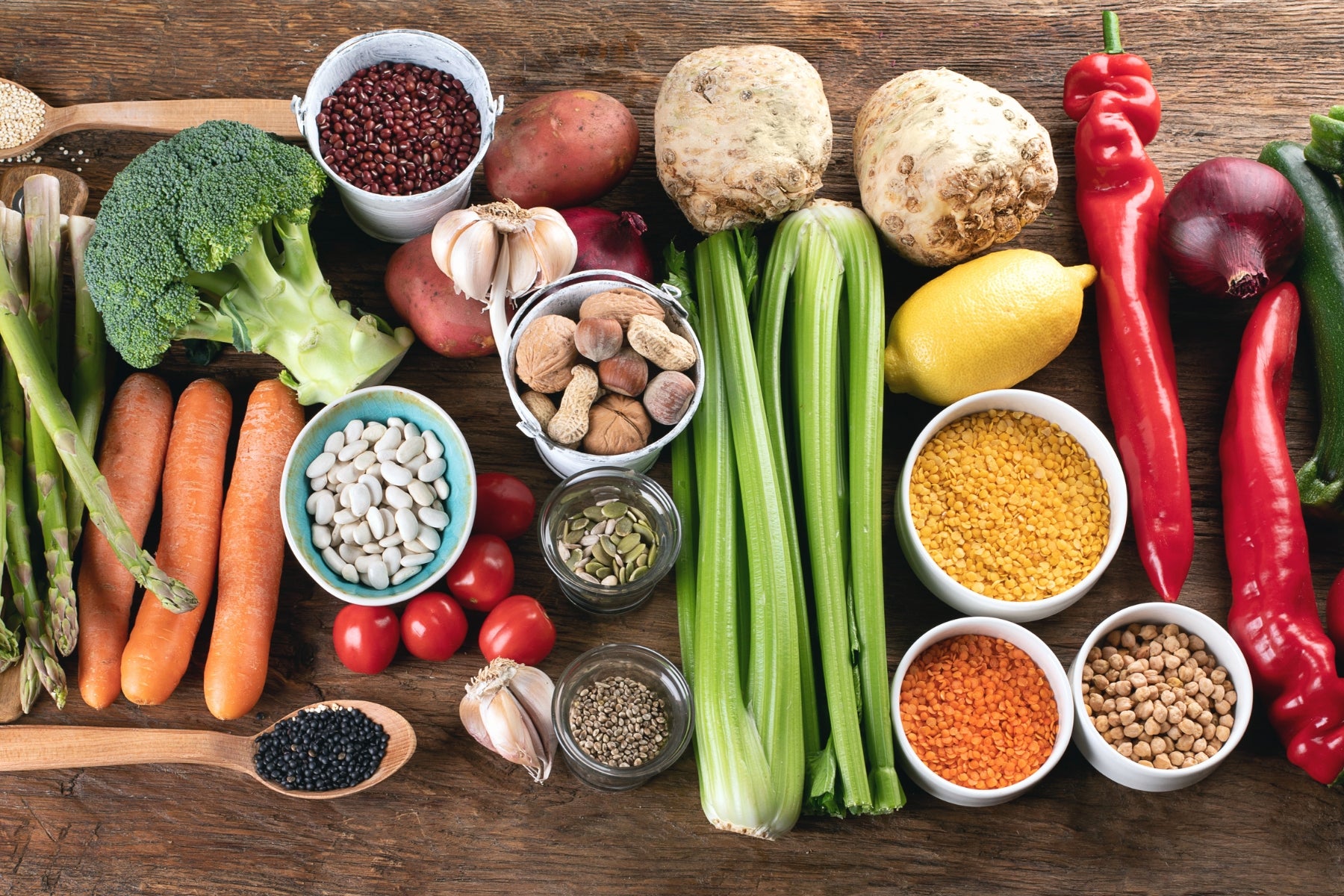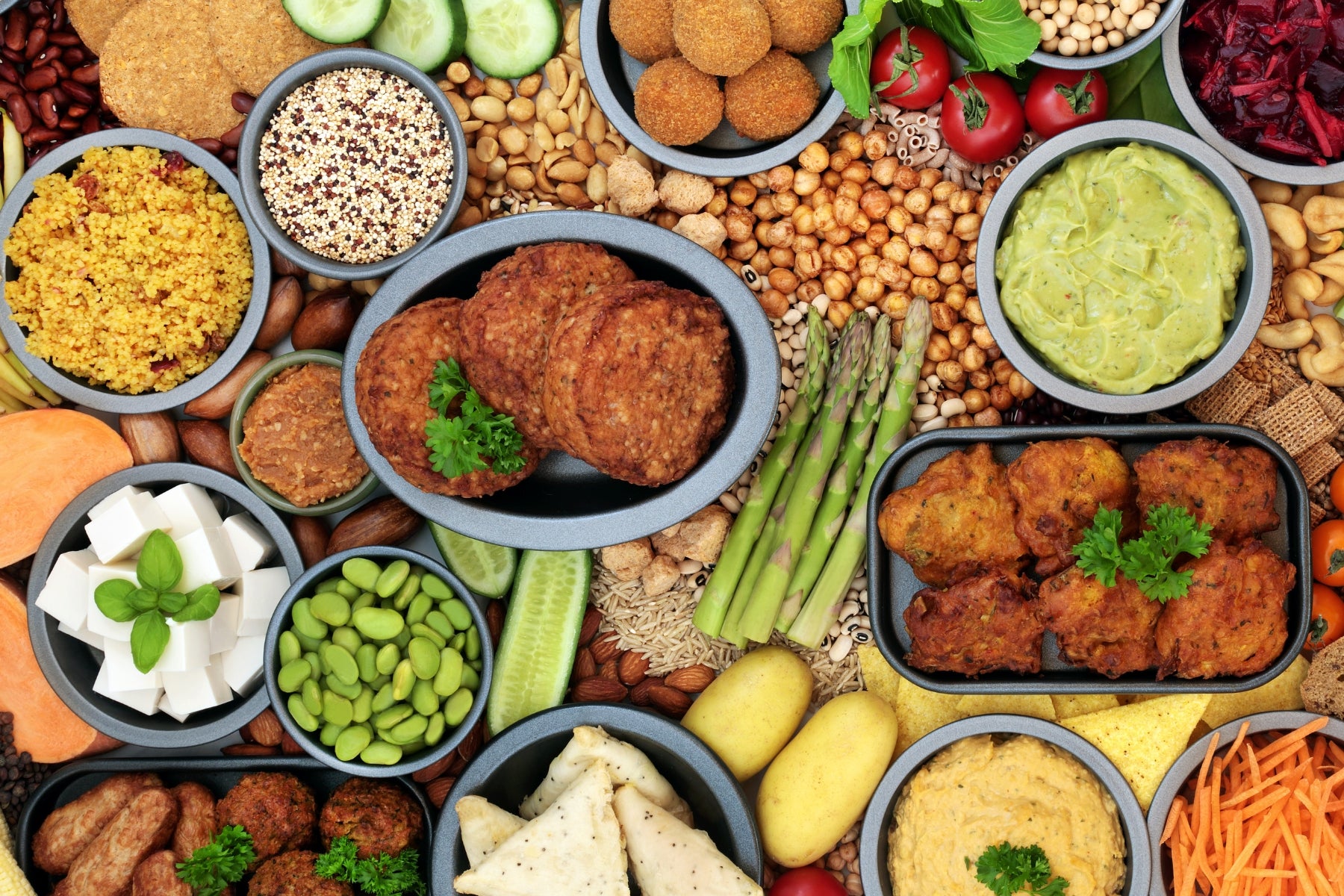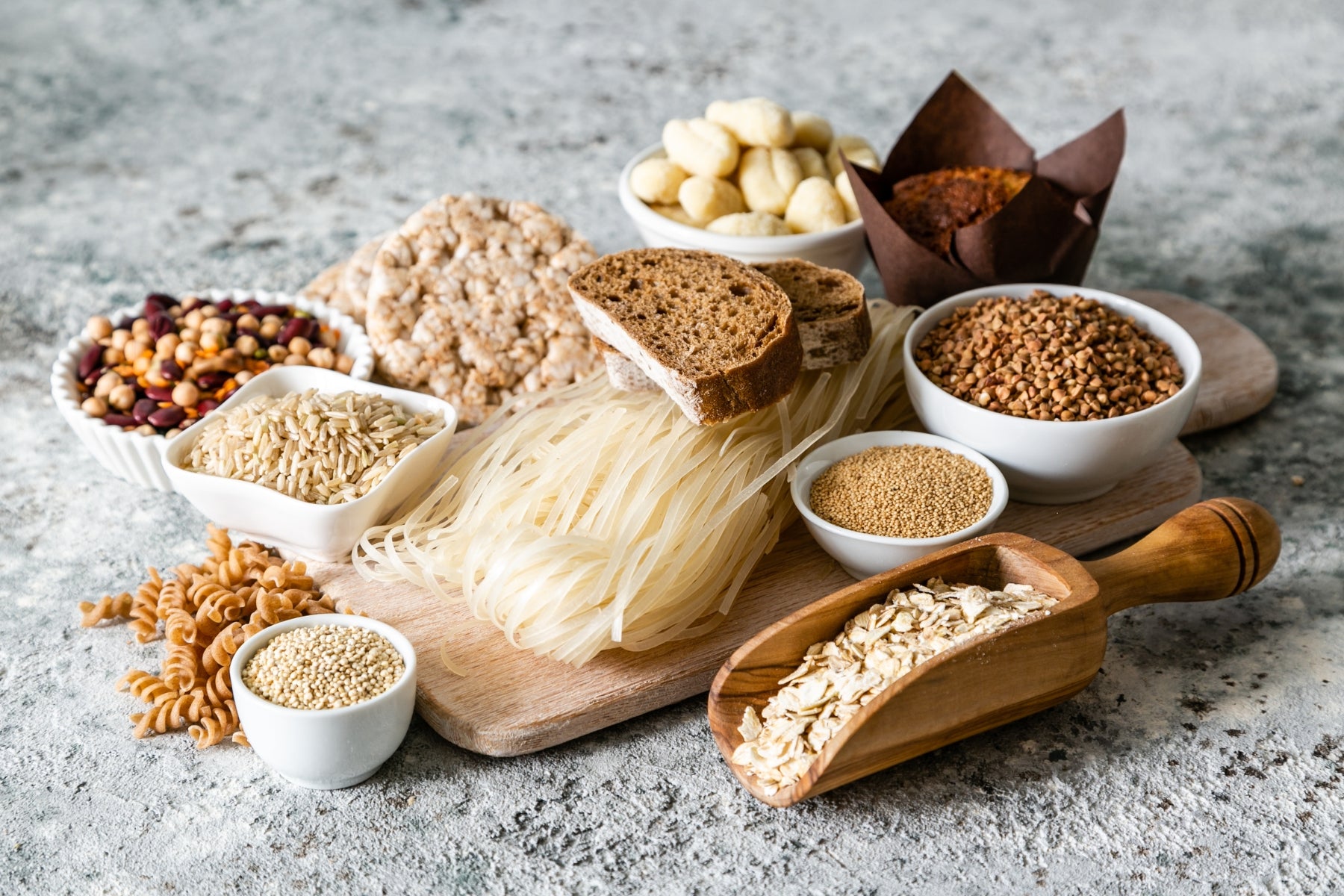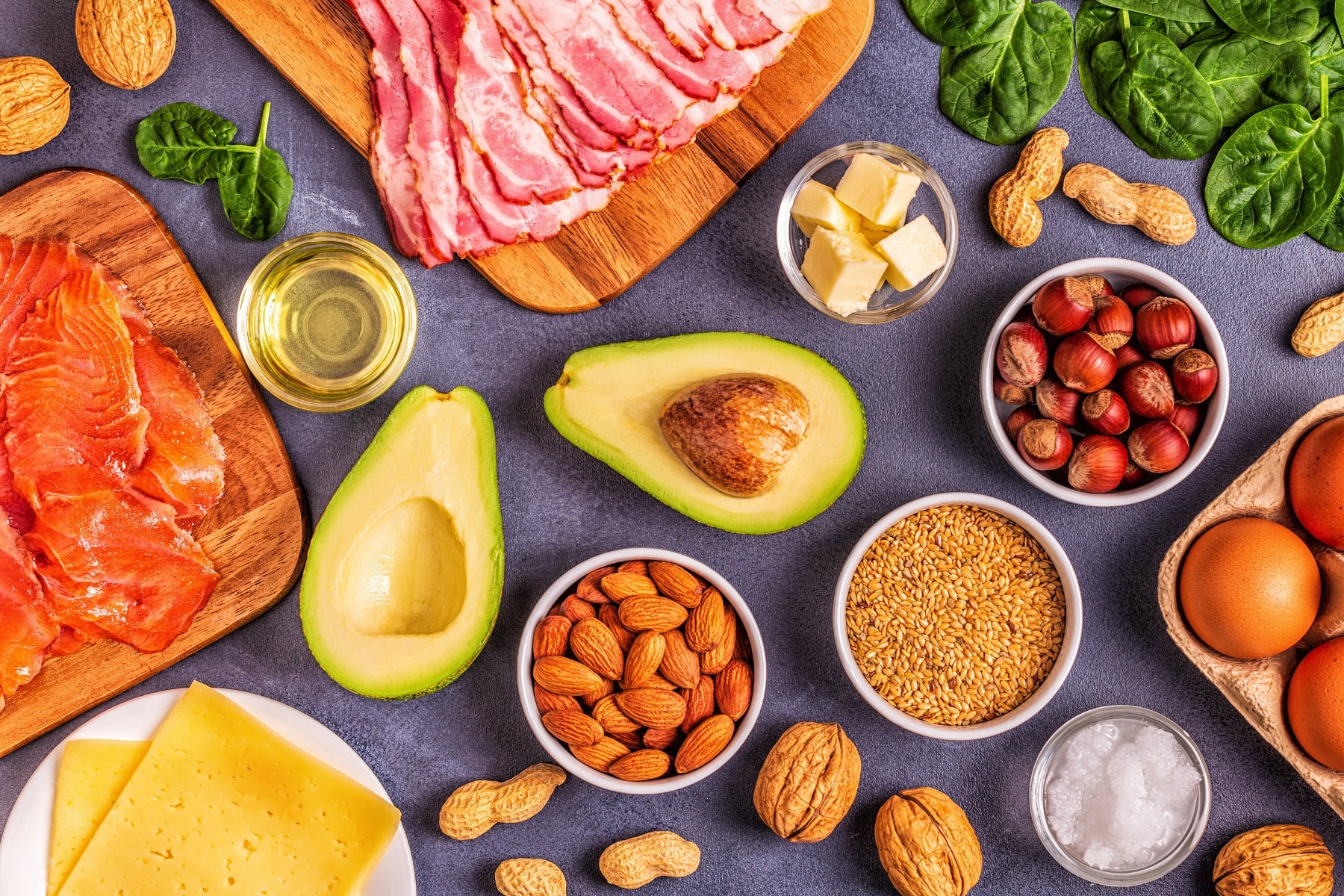Contents
1
What should be considered in a vegan diet?
2
What exactly is a vegan diet?
3
The health benefits of eating vegan
People who eat vegan live longer on average
How does a plant-based diet increase life expectancy and quality of life?
4
Macro and micronutrient supply in a vegan diet
Where do vegans get their proteins from?
Yes, eating enough protein is also possible with a vegan diet
Vitamin B12
Omega-3 fatty acids
Vitamin D
Calcium
iron
What else should you look out for?
5
Alternative products and practical tips for everyday life
The right mindset
6
Arguments from ancient Greece to the present day
Ethics for all/vegan ethics: conscious nutrition for animals
Vegan nutrition for the planet
Vegan nutrition for the future of humanity
7
Summary
Contents
1
What should be considered in a vegan diet?
2
What exactly is a vegan diet?
3
The health benefits of eating vegan
People who eat vegan live longer on average
How does a plant-based diet increase life expectancy and quality of life?
4
Macro and micronutrient supply in a vegan diet
Where do vegans get their proteins from?
Yes, eating enough protein is also possible with a vegan diet
Vitamin B12
Omega-3 fatty acids
Vitamin D
Calcium
iron
What else should you look out for?
5
Alternative products and practical tips for everyday life
The right mindset
6
Arguments from ancient Greece to the present day
Ethics for all/vegan ethics: conscious nutrition for animals
Vegan nutrition for the planet
Vegan nutrition for the future of humanity
7
Summary
| Protein content | |
|---|---|
| Associated with high protein content | |
| Chicken breast | 30g |
| Associated with carbohydrates and low protein | |
| Spaghetti (dry product) | 13g |
| Oat flakes | 15g |
| Food | Protein content per 100g |
|---|---|
| Tofu | 12g |
| Broccoli | 4g |
| Spinach | 3g |
| Mushrooms | 3g |
| nuts | 26g |
| Rice | 15g |
| Oat flakes | 15g |
| Yeast flakes | 44g |
| Noodles | 13g |
| Quinoa | 13g |
| Kidney beans | 21g |
| Chickpeas | 19g |
| Soybeans | 38g |
| Peas | 7g |
| Algae | 18g |



